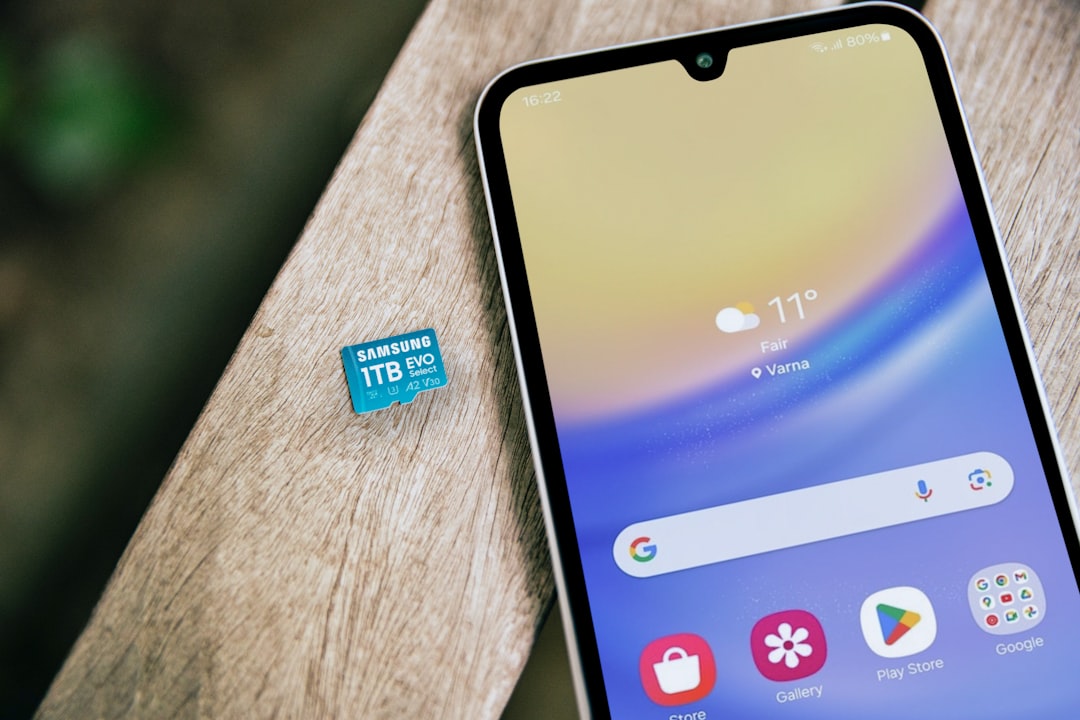Florida's Do Not Call List is a powerful tool protecting residents from unwanted telemarketing, impacting businesses like law firms and direct sales companies. Non-compliance carries penalties, making strict adherence crucial. While challenging, these regulations offer opportunities to build trust and strengthen client relationships through permission-based communication strategies. Plantation businesses must implement robust internal protocols, obtain customer consent, respect no-call periods, and utilize opt-out mechanisms to comply effectively, avoiding legal issues and fostering stronger clientele ties with Florida's Do Not Call law firms.
Florida’s Do Not Call Regulations are designed to protect residents from unsolicited phone marketing, but they significantly impact plantation businesses. This article explores the state’s do-not-call list, its wide reach, and how it affects local companies’ rights and responsibilities. We’ll delve into strategies for compliance, minimizing legal fallout, and staying afloat in a regulated marketplace, focusing on key insights for plantation business owners targeting Florida customers via phone. Learn how to balance marketing efforts with consumer protection laws, especially with the guidance of Do Not Call law firms Florida.
Understanding Florida's Do Not Call List and Its Reach

Florida’s Do Not Call List is a comprehensive registry designed to protect residents from unwanted telemarketing calls. This list includes both consumer and business telephone numbers that have opted-out of receiving marketing messages. The reach of this regulation extends far beyond just phone calls, impacting various industries, especially those relying on direct sales or cold calling for customer acquisition. For instance, law firms in Florida must adhere to these rules, ensuring they don’t call numbers on the list, thereby missing out on potential clients but also respecting privacy rights.
Business owners need to be aware that the list is regularly updated and maintained by the state, making it a dynamic aspect of consumer protection. Non-compliance can result in penalties, underscoring the importance of understanding and adhering to this Do Not Call law for Florida businesses, particularly those in competitive sectors where every potential client contact matters.
Implications for Plantation Businesses: Rights and Responsibilities

Florida’s Do Not Call regulations significantly impact plantation businesses, presenting both challenges and opportunities. These laws, primarily aimed at consumer protection, restrict direct marketing calls to individuals who have opted-out of receiving such calls. For plantation businesses, this means a need to adapt their sales and marketing strategies. On one hand, they must respect the privacy rights of customers who have registered on the state’s Do Not Call list, facing potential fines for non-compliance. This requires implementing robust systems to verify customer preferences and prevent unwanted calls, particularly to law firms seeking new clients through telemarketing.
On the other hand, the law provides an opportunity for plantation businesses to foster stronger relationships with their existing customer base. By focusing on targeted, permission-based communication, companies can offer tailored services without the intrusiveness of unsolicited calls. This shift encourages a more personalized approach, enhancing customer satisfaction and loyalty, particularly among those who value privacy. Law firms in Florida, for instance, must now prioritize building trust through targeted marketing efforts, ensuring compliance with the Do Not Call law while still nurturing their client relationships.
Strategies for Compliance and Minimizing Legal Fallout

Many Plantation businesses, especially those in the service industry, must grapple with Florida’s Do Not Call regulations to avoid legal repercussions and protect consumer rights. Compliance involves implementing strategies that ensure respectful and consensual communication practices. Businesses should establish robust internal protocols, including thorough training for staff on appropriate call methods and customer consent requirements.
Implementing a “do not call” list is crucial, enabling businesses to respect individual preferences while maintaining accurate records of permitted contacts. Additionally, utilizing opt-out mechanisms during marketing campaigns and ensuring compliance with the state’s strict no-call period can significantly minimize legal fallout. Employing these strategies allows Plantation businesses to navigate Florida’s Do Not Call laws effectively and foster healthier relationships with their clientele.






